Positive Parenting Techniques
Nurture Growth, Empower Futures
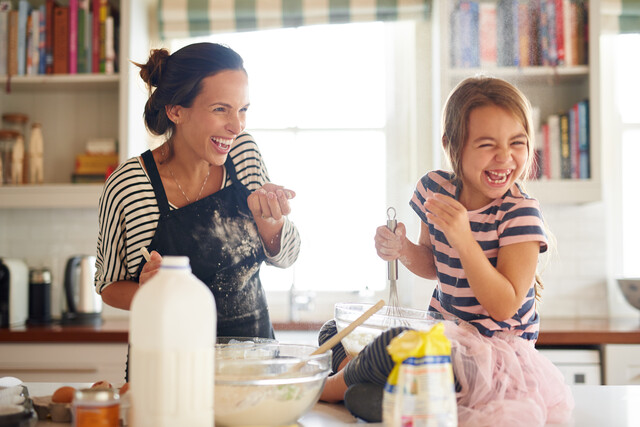
5 Hours average completion time
0.5 CEUs
10 Lessons
21 Exams & Assignments
96 Discussions
10 Videos
21 Reference Files
74 Articles
Mobile Friendly
Last Updated January 2026
Parenting, an intricate dance of emotions and responsibilities, stands at the intersection of profound joy and immense challenges. Our course, "Nurturing with Intent", crafts a path through the complexities of raising children, offering a harmonious blend of theory, practicality, and empathy. Dive deep into the world of positive parenting, a philosophy that doesn't just change behavior -- it transforms lives.
Course Highlights:
-
The Heart of Interaction: Experience the metamorphosis of daily engagements with your child. Unravel the beauty of calm, constructive interactions that replace chaos with serenity, and miscommunication with understanding.
-
Cultivating Emotional Mastery: Equip your children with the tools to navigate their emotions. Witness them blossom as they recognize, comprehend, and constructively channel their feelings, thoughts, and actions.
-
Building a Resilient Self-Identity: Create an environment where children are not just loved, but also celebrated. Empower them to embrace a robust sense of self-worth, derived from genuine competence and unwavering acceptance.
-
Laying the Theoretical Groundwork: Traverse the landscape of positive parenting through its foundational theories. Appreciate its roots, evolution, and the scientific rationale that underscores its efficacy.
-
Shaping Behavior with Compassion: Discover the nuances of instilling discipline without dampening spirits. Learn the art of setting boundaries, appreciating commendable actions, and implementing consequences that resonate with logic and natural outcomes.
-
Igniting Minds and Hearts: Go beyond mere behavioral guidance. Illuminate pathways that nurture not just your child's intellectual faculties, but also their emotional intelligence -- twin pillars that uphold their future success and contentment.
-
Pragmatic Parenting Playbook: Dive into a treasure trove of real-life situations spanning infancy to adolescence. Witness the principles of positive parenting come alive, offering you both inspiration and actionable insights.
-
Universal Appeal: While designed primarily for parents, this course transcends that boundary. It's a beacon for anyone invested in a child's life -- be it grandparents, educators, caregivers, or mentors.
Embark on a transformative journey with "Nurturing with Intent". Whether you're at the onset of your parenting voyage or seeking to enrich an ongoing one, this course promises insights that resonate and techniques that inspire. It's more than a course; it's a movement towards mindful, joyous parenting. Join us, and let's co-create nurturing spaces for our young ones, one positive interaction at a time.
- Emotional intelligence cultivation
- Understanding child development
- Transformative communication skills
- Effective emotional regulation
- Positive discipline techniques
- Compassionate behavioral guidance
- Adaptable parenting strategies
- Nurturing strong family dynamics
- Enhancing educational support
- Building child self-identity
-

Child Safety for Parents
-
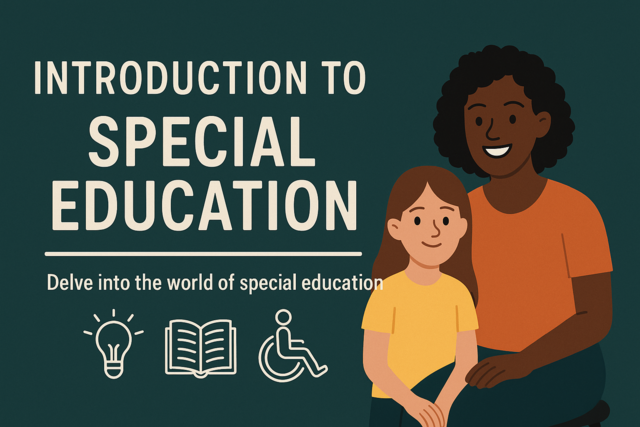
Introduction to Special Education
-

Behavior Management 101
-

Workplace Drug Use - An HR Guide
-

Understanding Childhood Obesity
-

Introduction to Abnormal Psychology
-
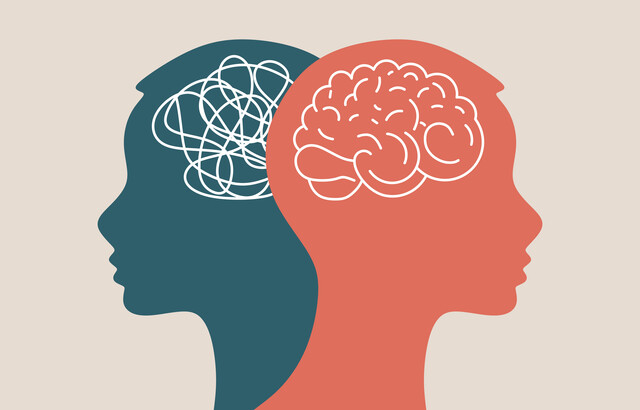
Psychology 101
-
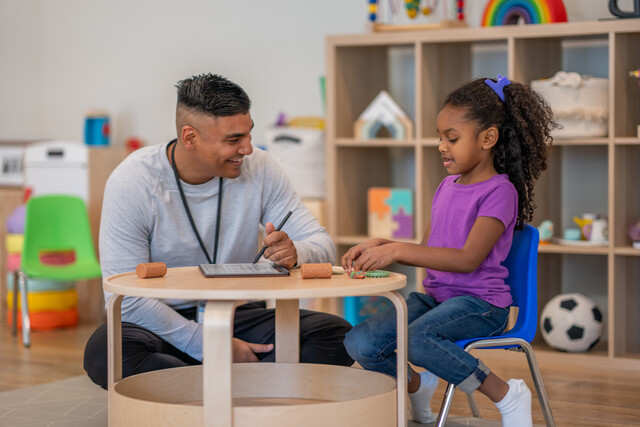
Introduction to Child Psychology
-

Etiquette for Children and Teens
-

Etiquette Consultant
-

Understanding Learning Styles
-

Understanding Addictions
-

Serial Killers 101
-
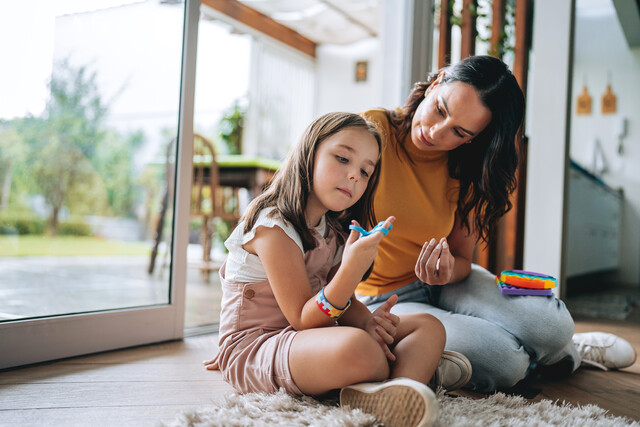
Autism 101
-

Children's Birthday Parties 101
-

Basic Parenting Skills
-

Stress Management
-

Sociology 101
-

Early Childhood Development
-

Child Abuse Recognition, Investigation, and Protection
-

Home Safety
-

Understanding Drug and Alcohol Abuse
-

Etiquette 101
-

How to Live with a Teenager
-

Positive Parenting Techniques
